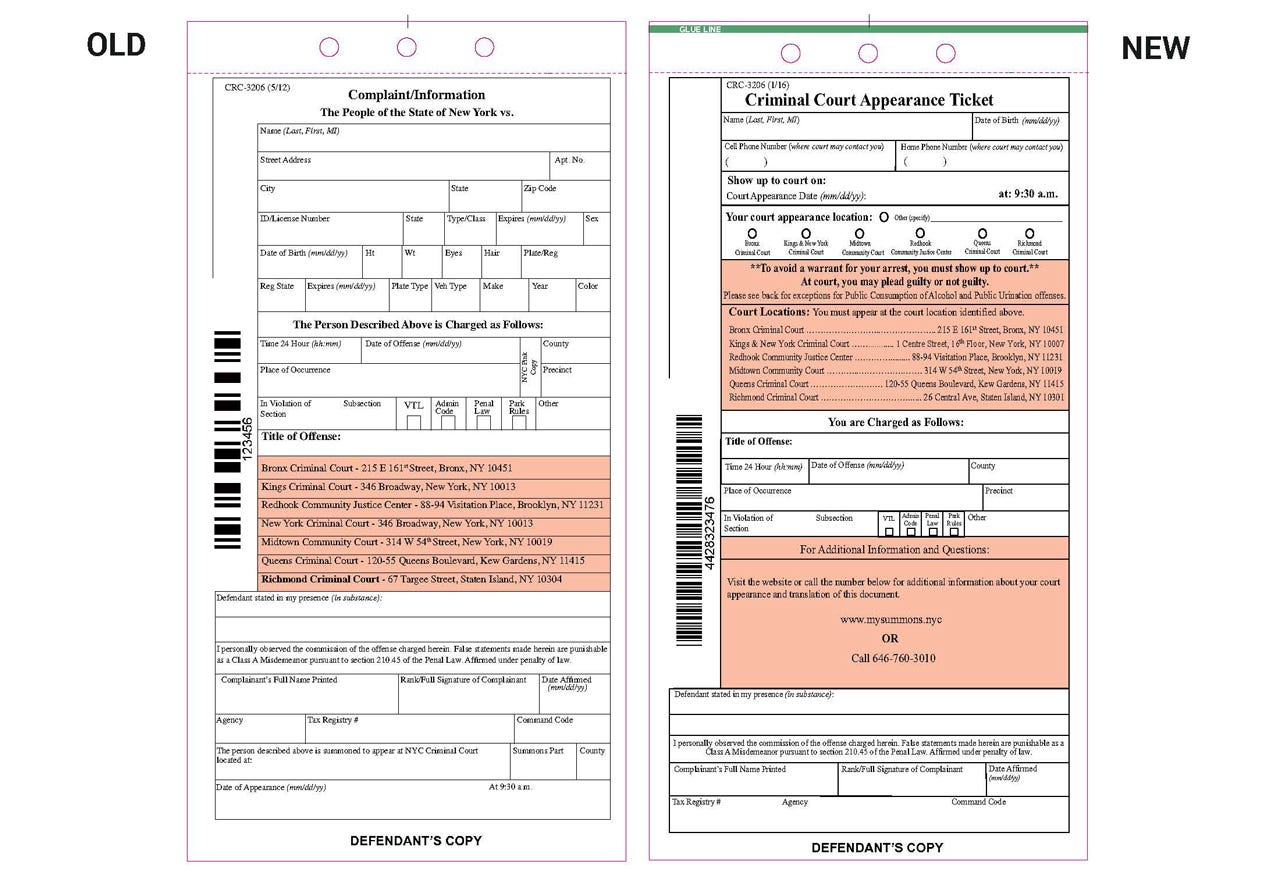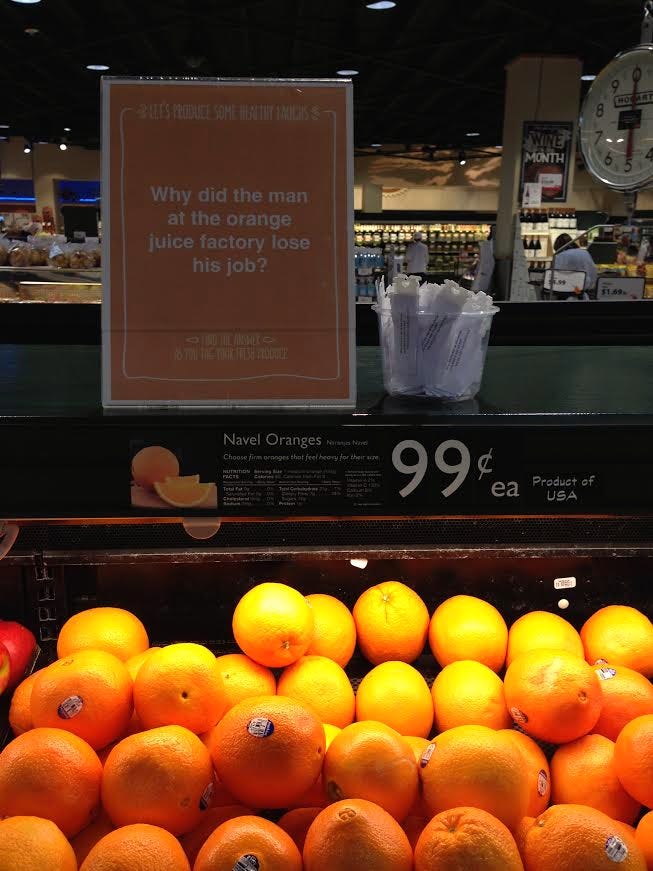Introducing Curiosity Lures - The New Persuasion Strategy
From the Largest Experiments Ever Conducted on Curiosity
NOTE: this is part of a series on the science of curiosity including how this strength changes over the lifespan (click here), benefits memory and creativity (click here), and alters social interactions (click here).
Imagine the obstacles that will prevent you from pursuing important goals next week. Perhaps a whiny child who temporarily blinds themselves with a peanut butter stained finger eye rub1. Or colleagues asking for a zoom call to pick your brain2. Author Oliver Burkeman reminds us that it is not highly undesirable obstacles nor highly appealing offers that disturb us most. Rather, “it’s the moderately appealing ones - the fairly interesting job opportunity, the semi-enjoyable friendship - on which a finite list can come to grief.”
Labeling something as an interruption implies in a given moment, some options are better than others. Unimpressive choice: Eating an entire 16 piece Popeyes chicken bucket alone, in one sitting. Exceptional choices: A 30 minute technology break per day to write, think, drink a pomegranate margarita at twilight, or do a yoga pigeon pose. Terrible choice: Exiting a video arcade with your kid without offering a few minutes for them to redeem hard earned tickets for prizes3.
Anything that nudges us toward more desirable outcomes is a blessing.
A Microscopic Primer on Nudges
There has been a surge of interest in “life hacks,” “micro-interventions,” and nudges. A nudge is something that efficiently guides someone to move psychologically in a particular direction. Some nudges are ineffective and even malicious. Consider a government offering money to families from disadvantaged backgrounds to resist breeding. Some nudges are helpful. Simply redesigning police tickets so that the information valuable to offenders is listed first - the time, location, and contact information for a court appearance - increased court appearances by 13 to 21%! The benefit? Fewer arrests and financial penalties, often aiding the most needy citizens. The cost? A few hours on a word processing program and printer.
Nudges tend to be cheap, effective, and based on fundamental psychological principles. When curious, people pay more attention and find it easier to retain information for long periods of time. Creators of nudges might want to elicit curiosity on purpose. If these same creators care about human well-being, curiosity can be intentionally elicited to move people in the direction of healthy choices instead of unhealthy competing options.
Curiosity Lures as Nudges
Dr. Evan Polman and his colleagues wondered whether curiosity might aid people in the conflict between what is desired in the moment (“wants”) and what’s beneficial in the long-term (“shoulds”). You and your romantic partner might avoid physical contact. Literally, reading books in separate rooms. Never touching hands when strolling side-by-side. Saying goodbye multiple times per day with nary a kiss on the cheek or hug. And yet, nobody speaks of this trend. Staying silent prevents an uncomfortable discussion (“want”) though the relationship might be suffering from an intimacy shortage (“should”). More often, people choose wants over shoulds. And perhaps experiencing curiosity offers extra voltage to switch from wants to shoulds.
Activate a person’s hunger for knowledge and they make different choices. In one study, participants choose how they want to be compensated for completing a trivia quiz. They decide on whether to accept a candy bar as payment or an opportunity to view the quiz answers. In this experiment, participants decide on their reward before or after seeing the quiz questions. When deciding on the reward after seeing the questions, participants expressed a 50% greater preference to see the answers over eating candy. compared with participants who had to decide before taking the quiz. That is, reminded of a gap between what they know and want to know (an information gap), curious people will choose to satisfy their thirst for knowledge over other desirable incentives.
In the largest, randomized experiment ever conducted on curiosity, Dr. Polman and colleagues (in press) took this idea even further. His team provided evidence that incentives based on satisfying curiosity increase participation in healthy behaviors even in the absence of initial motivation to become healthier! A new type of nudge—curiosity lures—offers people opportunities to close information gaps (what my team refers to as “deprivation sensitivity”) - favoring a “should” over a “want” option.
How?
In one study, Polman and colleagues placed placards with trivia questions by the elevators in a university building’s stairwell and placed the answers inside the stairwell to encourage people to take the stairs. They measured foot traffic using a laser-guided people-counter and found that foot traffic in the intervention stairwell significantly increased. During the pretest phase, the laser beam was interrupted 31,662 times in the intervention stairwell, and 16,272 times in the control stairwell (where nothing was added to the physical surroundings). During the posttest phase, the laser beam was interrupted 34,774 times in the intervention stairwell, suggesting a 9.8% increase in usage. As a comparison, in the control condition, the laser beam was only interrupted 15,992 times, suggesting a 1.7% decrease in usage.
A simple, low cost, trivia question-and-answer curiosity lure successfully motivated people to take the stairs over an escalator.
In another study, the same team partnered with a grocery store to test the effects of curiosity lures on fruit and vegetable purchases. They designed placards containing jokes about the fruits and vegetables and placed them in the store’s produce section.
Joke: Why did the beets blush?
Punchline: Because the beats saw the salad dressing!
The joke-placards prompted customers to pick up fruits or vegetables and uncover the punchlines. The result? Over a 42-day period, analyzing 17,275 produce purchases over two stores, the researchers noticed a boost in sales compared to the prior year (when no intervention occurred).
Coda
Curiosity is one of five psychological strengths with the strongest link to life satisfaction. Highly curious people tend to investigate novel objects and situations regularly, accounting for an increase in intelligence over time. People in a highly curious state tend to be tenacious at persisting toward intrinsically desirable pursuits. This new body of research by Evan Polman’s team adds another realm to the benefits of curiosity. Satisfying one’s need to know motivates people to choose health among competing options. In an era of rising mental health difficulties and obesity, humans are well served by exercise and healthy eating. Curiosity lures offer a small step in addressing seemingly intractable problems.
Let’s keep experimenting, using persuasive nudges toward mental and physical health promotion.
Leave a comment with your own unique sonic joys. If you enjoyed this, please use the link and share! Or click the heart button (always appreciated). Leave suggestions, constructive criticisms, and dare I say, a few positive words. Leave comments here or on LinkedIn or Instagram or Twitter.
Extra Curiosities
Make sure to listen to a podcast interview where I discuss strategies for measuring diversity, equity, inclusion, and belonging within organizations. We emphasize the importance of understanding existing group dynamics before implementing DEI plans.
#Spotifypodcasts: https://lnkd.in/gcx7Zr7q
#Amazonpodcasts: https://lnkd.in/gqcxxjyg
Click Here for New Purpose Research:
Hitler, Purpose in Life, and Access to My Most Beloved Scientific Article
An analogy to Hitler. On March 5, 2007, this was the sin that led the American Psychologist to reject a conceptual paper on purpose in life by Dr. Patrick McKnight and me (it eventually was published here and cited over 1,000 times). Patrick and I have joked about this experience. Until now, I have never shared what we cut from the paper. You be the judge of whether we crossed the line of acceptability.
Happened. One small nugget in favor of choosing to be childless.
Happened. Not a bad thing in isolation. The problem is the assumption that your time and energy is limitless and immediately accessible. I should remind the reader that I am a college professor who researches, writes, and talks about well-being. There are very few emergencies.
I paid the painful price for this time management failure. I saved the hand written letter where she appropriately shamed me.





